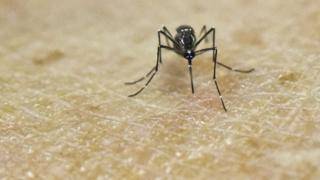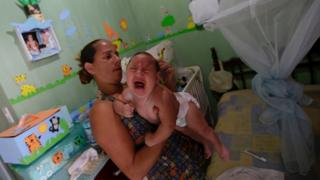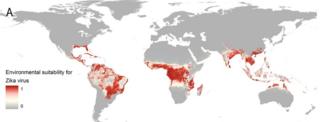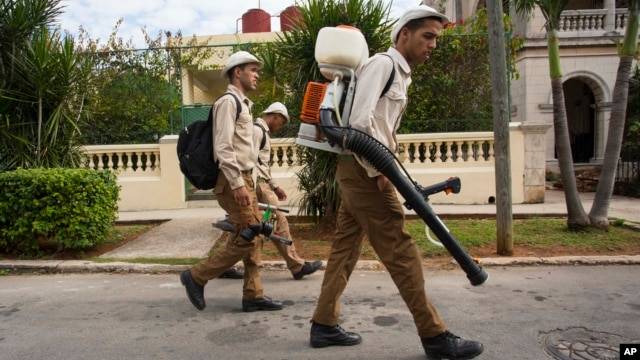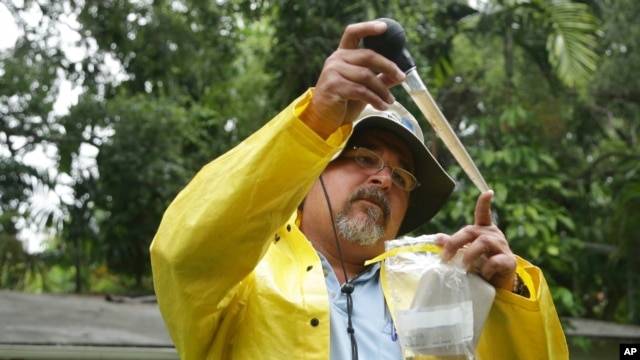Disir
Platinum Member
- Sep 30, 2011
- 28,003
- 9,611
- 910
If you are planning on travelling to the US this summer, be warned about a potential Zika virus outbreak.
A study published in the PLOS Currents Outbreaks journal says, key factors that can combine to produce a Zika virus outbreak are expected to be present in a number of US cities, including popular destinations such as New York, Los Angeles, and Florida, during the peak summer months.
The density of Aedes aegypti mosquito, which spreads the Zika virus in much of Latin America and the Caribbean, is likely to increase across much of the southern and eastern United States as the weather warms, said experts at the US-based National Center for Atmospheric Research (NCAR).
Zika virus risk in 50 US cities, says study - Times of India
It was weird coming across this article.
A study published in the PLOS Currents Outbreaks journal says, key factors that can combine to produce a Zika virus outbreak are expected to be present in a number of US cities, including popular destinations such as New York, Los Angeles, and Florida, during the peak summer months.
The density of Aedes aegypti mosquito, which spreads the Zika virus in much of Latin America and the Caribbean, is likely to increase across much of the southern and eastern United States as the weather warms, said experts at the US-based National Center for Atmospheric Research (NCAR).
Zika virus risk in 50 US cities, says study - Times of India
It was weird coming across this article.


